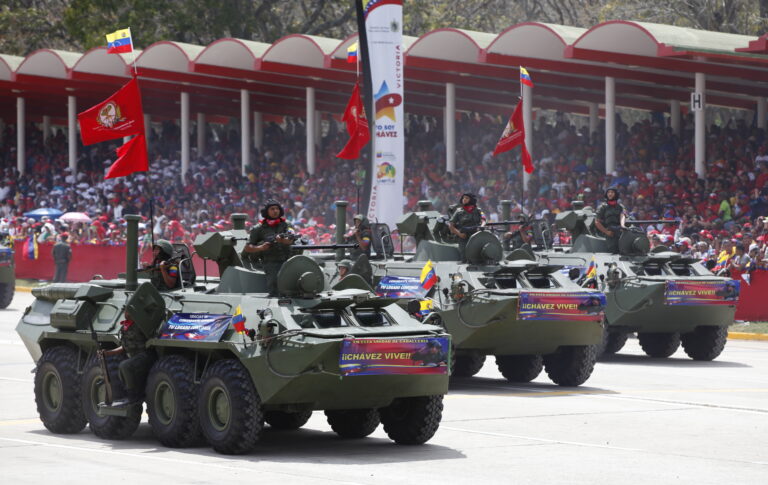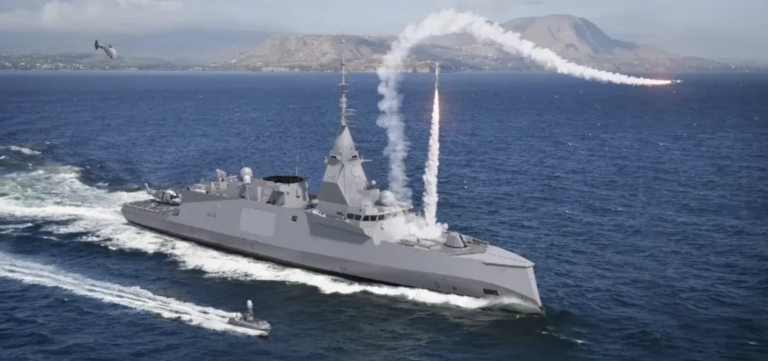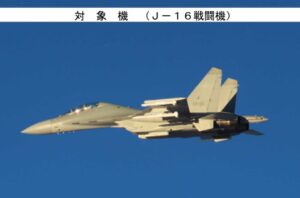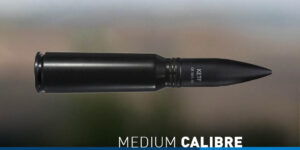Με πρωτοβουλία των Αμερικανών βουλευτών Chris Pappas, Gus Bilirakis και Carolyn Maloney (φωτό, ο Pappas στο κέντρο), συνολικά 41 μέλη του Κογκρέσου (και από τα δύο κόμματα, Δημοκρατικών και Ρεπουμπλικάνων), απέστειλαν επιστολή στον Αμερικανό υπουργό Εξωτερικών, Άντονι Μπλίνκεν ζητώντας την ακύρωση οποιαδήποτε σκέψης σχετικά για τη φημολογούμενη πώληση μαχητικών F-16 στην Τουρκία, αλλά και θέτοντας ζήτημα περισσότερων πληροφοριών για το αν υπάρχει τέτοιο αίτημα και Letter of Request (όπως έχει γραφεί στον Τύπο).
Η επιστολή των 41 είναι ουσιαστικά η συνέχεια της παρεμφερούς επιστολής που είχαν στείλει 11 μέλη του Κογκρέσου για το ίδιο θέμα στις 25 Οκτωβρίου, κάτι που δείχνει πως η κίνηση αυτή έχει αποκτήσει κι άλλη δυναμική. Πάντως σε ότι αφορά το θέμα του φημολογούμενου τουρκικού αιτήματος για αγορά νέων F-16V και για αναβάθμιση παλαιοτέρων, στην χθεσινή ενημέρωση του Πενταγώνου, ο εκπρόσωπος του, Τζον Κίρμπι, σχολίασε πως έγινε μια «παραγωγική συνάντηση μεταξύ Τουρκίας και ΗΠΑ για το ζήτημα των F-35» και πως «αυτή ήταν για να εξεταστούν τα υπόλοιπα σχετικά θέματα» για την αποπομπή της Άγκυρας χαρακτηρίζοντας την ιστορία ως «done», δηλαδή δεδομένη. Σε ερωτήσεις δημοσιογράφων αν υπήρξε κουβέντα για πιθανή αγορά F-16, ο ίδιος απέφυγε να δώσει απάντηση, παραπέμποντας στο υπουργείο Εξωτερικών που «χειρίζεται αυτά τα ζητήματα», ενώ επανέλαβε πως η Τουρκία είναι «πολύτιμος νατοϊκός σύμμαχος και είναι σημαντικό να συνεχίσουμε να συζητάμε για το πως θα συνεχίσουμε την κοινή μας σχέση», δηλαδή μια τυπική διπλωματική διατύπωση.
Το πλήρες κείμενο της επιστολής των 41 μελών του Κογκρέσου προς τον Μπλίνκεν έχει ως εξής:
Dear Secretary Blinken:
We are writing with regards to the reported Letter of Request (LOR) to the United States by the Republic of Turkey in association with its attempt to buy 40 F-16 fighter jets and dozens of modernization kits for its existing warplanes.
As you know, in 2017 Congress adopted and the President signed into law the Countering American Adversaries Through Sanctions Act (CAATSA). While CAATSA was progressing, and despite the intent of Congress being abundantly clear, Turkey announced that it would purchase the S-400 surface-to-air missile defense system from Russia. Despite nearly three years of attempts to find a solution that would prevent Turkey from being in violation of CAATSA, Ankara persisted with its acquisition and activation of the Russian S-400s and CAATSA sanctions were imposed on Turkey.
In October it was reported that Turkey requested to purchase “40 Lockheed Martin-made F-16 fighter jets and nearly 80 modernization kits for its existing warplanes.”[1] On October 17, Turkish President Erdogan told reporters that the United States “has proposed the sale of a batch of F-16 fighter jets”[2] but the reported sale has yet to be confirmed.
We have noted that your Department has declined to answer questions about the LOR, citing policy of not commenting before Congress has been notified of the LOR. We believe that the widespread reporting on Turkey’s request, as well as President Erdogan’s own statements, provide us sufficient basis to declare our opposition to this potential sale.
There are many reasons for our opposition:
- Less than one year since the imposition of these CAATSA sanctions, the Erdogan government has made it clear that it has no intention of coming into compliance with U.S. law or dealing with the underlying conditions that led to Turkey’s ejection from the F-35 program and Congressional holds on purchases of American weapons by Turkey. Indeed, in September, President Erdogan declared his intention of purchasing additional S-400s.[3]
- During his confirmation hearing, President Biden’s nominee for Ambassador to Turkey, former Senator Jeff Flake, declared that Turkey should face additional CAATSA sanctions should it acquire additional Russian weapon systems and we agree. Since this appears to be the position of both the Administration and Congress, even considering Turkey’s LOR under the present circumstances sends the wrong signal to Turkey and gives it reason to doubt our resolve while continuing to develop its military relationship with Russia.
- One of the reasons Congress insisted on Turkey’s ejection from the F-35 program was because of the significant risks associated with collocating S-400s and F-35s. Experts have noted that providing Turkey the Block 70 modernization kits poses similar collocation risks if Ankara continues to possess Russian S-400s. Since upgraded F-16s still play such a significant role for us and our reliable allies, that is a risk that we do not find acceptable.
- Finally, given the CAATSA sanctions already imposed, we anticipate that such a sale could only be finalized via invoking technicalities – for example, by trying to sell the jets to an entity other than Turkey’s SSB, which has been sanctioned. Such an approach would have to be viewed as an inappropriate circumvention of the intent of Congress and would force us to consider additional legislation to restrict a potential purchase.
We share your goal of a Turkey that is rooted to the West, but we will not achieve that goal if the Erdogan government escapes accountability for violating U.S. law and the standards of the NATO alliance.
We request a formal notification of any Turkish LOR, the specifics of such an LOR, the Administration’s position on such an LOR, and responses to our specific objections. Thank you for your attention to this urgent matter, and we look forward to your response.









